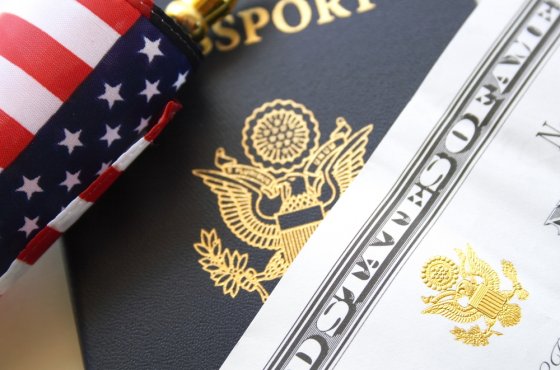The article has been automatically translated into English by Google Translate from Russian and has not been edited.
Переклад цього матеріалу українською мовою з російської було автоматично здійснено сервісом Google Translate, без подальшого редагування тексту.
Bu məqalə Google Translate servisi vasitəsi ilə avtomatik olaraq rus dilindən azərbaycan dilinə tərcümə olunmuşdur. Bundan sonra mətn redaktə edilməmişdir.
It turns out that the majority of Belarusian students sent abroad to study Belarusian students study foreign languages there. Units are trained in advanced technologies.
This is evidenced by the data presented in the study “Analysis of the state of internationalization of higher education in the Republic of Belarus”, which was prepared by the Public Bologna Committee on the basis of official data.
As noted in the study, the implementation of the state mobility program began in Belarus with 2012, which involves sending abroad every year to 50 Belarusian students. It focuses primarily on undergraduates and graduate students and does not take into account the most representative group of students enrolled in the 2-4 courses. The number of participants in this program is growing: in 2013, 109 students were sent to study at foreign universities. However, while its participants make up only 0,05% of all students in the higher education system.
However, most of them were sent to China (38%) and Russia (14%). It is also worth noting what areas of training these funds, apparently significant for the Ministry of Education, were spent on. In the 2013-2014 academic year, out of 96 Belarusian students, 39, i.e. 40,6% (!), were sent abroad to study foreign languages and only 3 to study advanced technologies in the field of radio electronics, telecommunication systems and information resource management ( respectively to China, Lithuania and Russia).
It’s depressing that there are no medical specialties on this list at all, but training in the specialty “Real Estate Expertise and Management” in Hungary appears. Apparently, it is the Hungarian experience in this area that the Belarusian economy lacks. Unfortunately, statistics from the Ministry of Education do not provide information about which foreign universities students were sent to, but an analysis of the distribution shows that only 24% of them ended up in Western European countries, Korea and Japan, which are the leaders in world higher education. The study draws attention to the fact that the USA, Canada, and Great Britain are not on this list.
According to the Public Bologna Committee, the most important reasons for curbing academic mobility are a limited number of seats for Belarusian participants; non-transparency of the selection process of participants, due to the complete control of the process by the Ministry of Education and the administrative structures accountable to it; a rather low level of proficiency in foreign languages by students, teachers and university staff.
However, Belarusians go to study abroad, bypassing the Ministry of Education. The study notes that the statistical reports of UNESCO make it possible to judge the extent of independent and alternative forms of mobility. According to information for 2010, citizens of Belarus studied at 5 level programs abroad (Russia - 28 789, Poland - 20, Lithuania - 063, Germany - 2074, France - 2113). This is, according to the UNESCO methodology, 1643% of the total number of Belarusian 496 students or 4,8% of the number of young people in this age cohort.
stdClass Object ([term_id] => 626 [name] => Belarus [taxonomy] => post_tag [slug] => belarus)
BelarusstdClass Object ([term_id] => 1670 [name] => education [taxonomy] => post_tag [slug] => obrazovanie)
educationstdClass Object ([term_id] => 3882 [name] => students [taxonomy] => post_tag [slug] => studenty)
StudentsstdClass Object ([term_id] => 13334 [name] => In the homeland [taxonomy] => category [slug] => novosti-rodini)
At home










